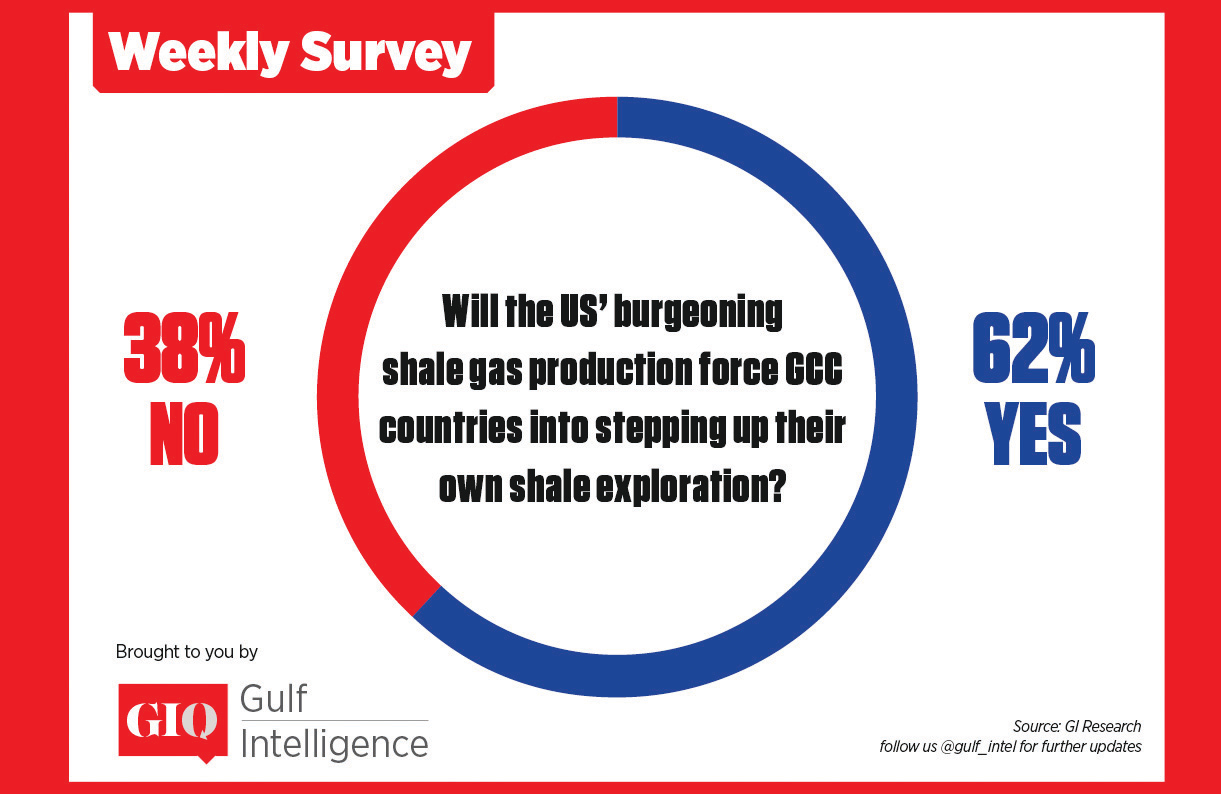

Muscat, NOV 10 - The Opec and non-Opec alliance of 25 countries are currently producing too much oil to reverse an oil price decline that has seen Brent crude fall by about $10 a barrel over the last month and reduce their total revenue by $500 million a day, according to 66 per cent of respondents to a Gulf Intelligence GIQ Oil Markets Survey of 100 energy industry professionals.
Opec, which pumps about one-third of global supply, agreed in June to increase its total oil supply by one million barrels a day as the balance between supply and demand had tightened significantly through 2017 and the first half of this year as producers kept barrels off the market in an attempt to deflate a global oil glut and return inventories to historic averages.

Brent crude oil prices soared to $85 a barrel in early October in anticipation of US sanctions being re-imposed on Iran on November 5 and forcing their crude oil exports of 2 million barrels per day off the international markets, triggering international traders such as Mercuria and Trafigura to warn prices could reach $100 a barrel by year’s end because there was no available replacement to Iranian oil.
“The severity of US sanctions has clearly not turned out to be as robust as had been expected with the US offering waivers to 8 countries, including China and India, Asia’s two largest importers,” said Sean Evers, Managing Partner, Gulf Intelligence. “President Trump was very transparent on the matter as he said bluntly in his first press conference after the mid-term elections that he gave the waivers because he wanted to reduce prices that acted ‘like a tax’ on Americans,” he said.

production levels will force Gulf Arab countries into stepping up their own investment in shale oil exploration, 62 per cent of GIQ Survey respondents replied yes.
Brent crude oil prices have been rising over the last 2 years after a coalition of 25 Opec and non-Opec states agreed in late 2016 to slash oil supplies by 1.8 million barrels a day —prices have averaged at around $74 a barrel thus far this year, after dropping to an average of $45 in 2016 and $54 in 2017. The coalition of the world’s largest oil producers, which includes Russia, Saudi Arabia and Iran, should extend the Vienna Agreement into a third year to keep prices supported, 88 per cent of those polled in the Gulf Intelligence Survey responded.
The Opec non-Opec Joint Ministerial Monitoring Committee (JMMC), which reviews the monthly report on the overall conformity levels of the 25 countries participating in the ‘Declaration of Cooperation’, will meet in Abu Dhabi today, November 11, for the final meeting ahead of Opec’s final meeting of the year in Vienna on December 6.
Oman Observer is now on the WhatsApp channel. Click here



